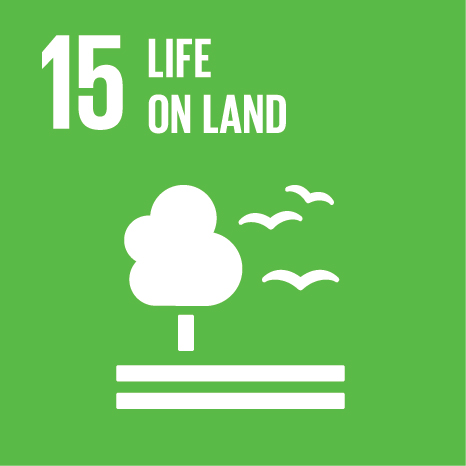Ciência_Iscte
Publications
Publication Detailed Description
GFIC 2019: Proceedings of the 2nd Global Forum of Intellectual Capital
Year (definitive publication)
2019
Language
English
Country
Portugal
More Information
Web of Science®
Scopus
This publication is not indexed in Scopus
Google Scholar
This publication is not indexed in Overton
Abstract
The research has been developed within a research project on Spatial Planning for Change (SPLACH) through an interdisciplinary approach. The analysis addresses food system’s transition in a specific territory, the Lisbon Metropolitan Area (LMA).
The transition of food systems towards a sustainable model has been under analysis and debate. This transition is related with structural changes, namely the emphasis on local production, short supply chains, and the preference for organic products.
The shift of the agri-food system is taking place through the creation of entirely new businesses and the shift of individual farms towards organic production. In both cases, the new enterprises resort to a combination of old agricultural knowledge and techniques, new scientific knowledge regarding productive methods and new technological platforms for advertising and commercialization. These mixed sources permit the creation of interesting forms of new business models, combining old and new knowledge and practices. In addition to the agriculture domain, they exemplify how traditional industries can absorb/generate innovation, at technological and organizational levels, and become in line with the new knowledge-based era.
The study has three main objectives: to identify and analyze the emerging agri-food businesses in LMA; to characterize business models (BM) changes within the transition dynamics towards sustainability; to reflect on the challenges presented by the food system characteristics, in terms of sustainable BM; and to demonstrate that BM specificity – combining new and old knowledge and practices - is closely related to the characteristics of the food system.
The paper presents results of the research on the emergence of a new business models, focusing on the
case of an organic food production innovative initiative in the LMA, Quinta do Oeste.
Acknowledgements
Project SPLACH – Spatial planning for change
Keywords
Food system transition,Organic farms,New business models,Technological innovation,New marketing forms
Fields of Science and Technology Classification
- Economics and Business - Social Sciences
Funding Records
| Funding Reference | Funding Entity |
|---|---|
| POCI-01-0145-FEDER-016431 | Comissão Europeia |
| UID/SOC/03127/2013 | Fundação para a Ciência e a Tecnologia |
Related Projects
This publication is an output of the following project(s):
Contributions to the Sustainable Development Goals of the United Nations
With the objective to increase the research activity directed towards the achievement of the United Nations 2030 Sustainable Development Goals, the possibility of associating scientific publications with the Sustainable Development Goals is now available in Ciência_Iscte. These are the Sustainable Development Goals identified by the author(s) for this publication. For more detailed information on the Sustainable Development Goals, click here.

 Português
Português




